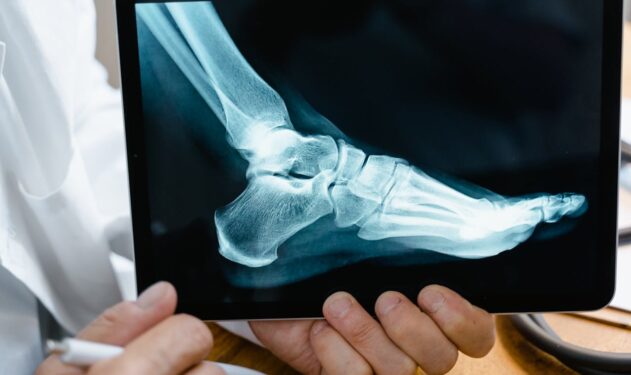Pharmacists have an important role in the healthcare system. While doctors and others make diagnoses and treatment plans, these professionals are responsible for accurately dispensing medications, providing proper instructions, and preventing drug interactions.
A pharmacist’s error can lead to injury, illness, or even death. Can a pharmacist be held liable for a prescription error in these cases?
In this blog, we will examine whether pharmacists can be held liable for these errors and what you can do if you have been affected by a mistake.
Types of Prescription Errors
According to a National Library of Medicine study, prescription errors are the most common and avoidable sources of patient harm. Another report stated that the Federal Drug Administration receives more than 100,000 medication error reports each year, with some even resulting in fatalities.
When you receive a prescription, you expect it to help treat your condition, not cause more harm. However, a pharmacist can make a mistake in several ways, such as:
- Incorrect medication: When the wrong medication is dispensed, dire consequences can result. While this should not happen, these mistakes are often the result of confusion between drugs with similar names, misinterpretation of the prescription, or clerical errors.
- Wrong dosage: Along with the right medication, the pharmacist must also give patients the proper dosage. Whether too much or too little, these errors can be deadly.
- Incorrect instructions: Some medications must be taken at a specific time or avoided if you plan to operate a vehicle. When pharmacists provide the wrong instructions about how or when to take the medication, it can harm the patient.
- Failure to identify drug interactions: All pharmacists must be aware of potential drug interactions. If they fail to recognize and address these issues, it could result in life-threatening situations.
- Dispensing expired or contaminated medication: A pharmacist needs to make sure that any medication is not expired or contaminated. These drugs are dangerous and can cause to harm to a patient.
Is a Pharmacist Liable?
Like a doctor, nurse, or other healthcare specialist, pharmacists must deliver high standards of care to their patients. If they fail, they could be named in a medical malpractice lawsuit when their mistake causes harm. These cases center around negligence. However, you must show that the pharmacist failed to act in a reasonable manner under similar circumstances.
You may have heard of a doctor-patient relationship, which is similar to a case of pharmacist negligence. In these cases, pharmacists must provide safe and accurate medication to their patients. If they have dispensed the wrong drug or failed to warn of potential drug interactions, that could be considered a breach of duty.
One of the most important aspects of these cases is causation. There needs to be some connection between their action and your harm. You need to demonstrate a clear link between the pharmacist’s error and the injury or illness suffered by you.
Finally, you must have suffered actual harm or damages due to the pharmacist’s error. These can be in the form of medical expenses, pain and suffering, or lost wages.
Several factors can affect whether a pharmacist is held liable for a prescription error. For example, minor errors that do not result in harm may not lead to legal action. But, serious mistakes that result in severe harm or death can call into question the pharmacist’s liability.
Sometimes, if a pharmacist recognizes an error and takes immediate steps to correct it, that could reduce or eliminate their liability. However, failure to address the error or attempting to conceal their actions can lead to a lawsuit.
You Can Reduce the Risk of Prescription Errors
While you put your trust in the hands of a pharmacist, there are a few steps to reduce the chance of being harmed by prescription errors.
When you get your medication, always double-check the prescription. If there is a mistake, immediately notify your pharmacist of the issue. Along with that, you will always want to ask questions. If the prescription’s direction seems unclear or if there are concerns about potential interactions, make sure to talk to your pharmacist.
However, you should not have to worry about your pharmacist making a mistake. These trained professionals need to adhere to industry standards to avoid harm to patients.
All pharmacists are entrusted with ensuring patients receive the correct medication and dosage.
You count on them to keep you safe from dangerous interactions or errors. When a pharmacist fails to meet this responsibility, you may be able to hold them accountable for these mistakes.
Discussing your case with a medical malpractice lawyer can help you determine whether you have a valid claim. Remember, at Prochaska, Howell & Prochaska LLC, we always offer free initial consultations for our potential clients.








